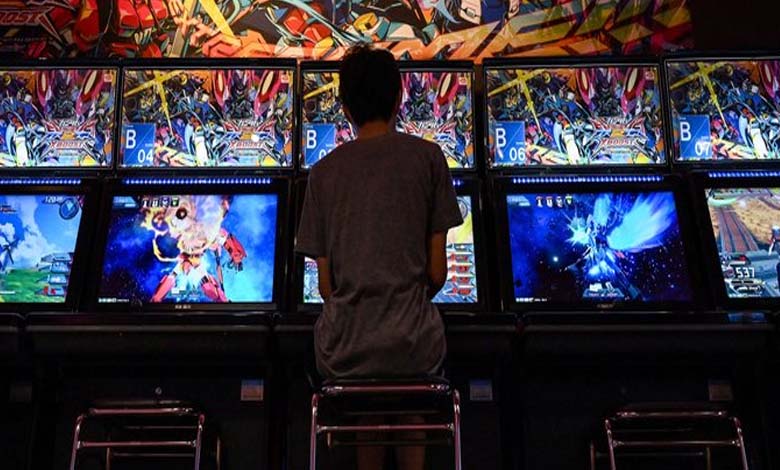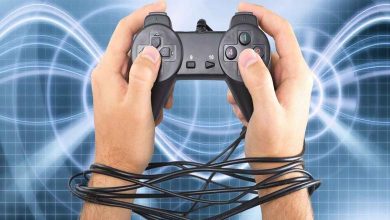Study: Teenagers’ Excessive Video Game Use Raises Anxiety Disorders

A recent study has shown an increase in anxiety among a number of teenagers due to their excessive use of video games and online activities, suggesting a potential link between these behaviors and psychotic experiences.
The study, published by “Newsweek,” indicates that teenagers who spend a significant amount of time playing games and using computers may face an increased likelihood of experiencing psychotic episodes, ranging from mild doubts to full-blown delusions and hallucinations.
Conducted by researchers from McGill University in Canada, the study analyzed data from a group of 1,226 individuals born between 1997 and 1998. The results revealed a connection between increased video game habits and computer use during adolescence and an elevated risk of experiencing psychotic episodes among individuals with mental disorders at age 23.
The prevalence of psychotic episodes among adults ranges from 5 to 7%, often appearing during the teenage years and including symptoms such as hallucinations, delusions, disorganized thinking, paranoia, and depressive episodes. To confirm these experiences, participants were asked about feelings of grandiosity, cognitive distortions, and intrusive thoughts, revealing a potential link with excessive screen time.
According to the study, an increase in video game usage during adolescence is associated with a 3 to 7% rise in psychotic experiences. However, the researchers emphasized the impact of confounding variables, noting that video games often intersect with indicators of stress, such as economic instability, mental health issues, and personal difficulties. Additionally, while some individuals may find comfort and social interaction through gaming, others turn to it due to limited access to alternative activities.
It is also worth noting that the healthy computer usage pattern, characterized by an initial increase followed by a subsequent decline throughout adolescence, also showed a 4 to 5% increase in psychotic experiences at age 23. Even after adjustment for various confounding factors, this association remained statistically significant.
The study authors highlight the need for a nuanced understanding of the interaction between teenagers’ entertainment consumption patterns and their mental health outcomes. By understanding the environmental, psychological, and social determinants of digital media use during adolescence, psychologists aim to more effectively integrate digital technologies into the prevention and management of psychotic experiences.
While the research sheds light on the potential link between excessive computer and video game use during adolescence and the risk of psychotic experiences, it warrants further investigation to identify underlying mechanisms and develop targeted interventions to support adolescents’ mental health.












